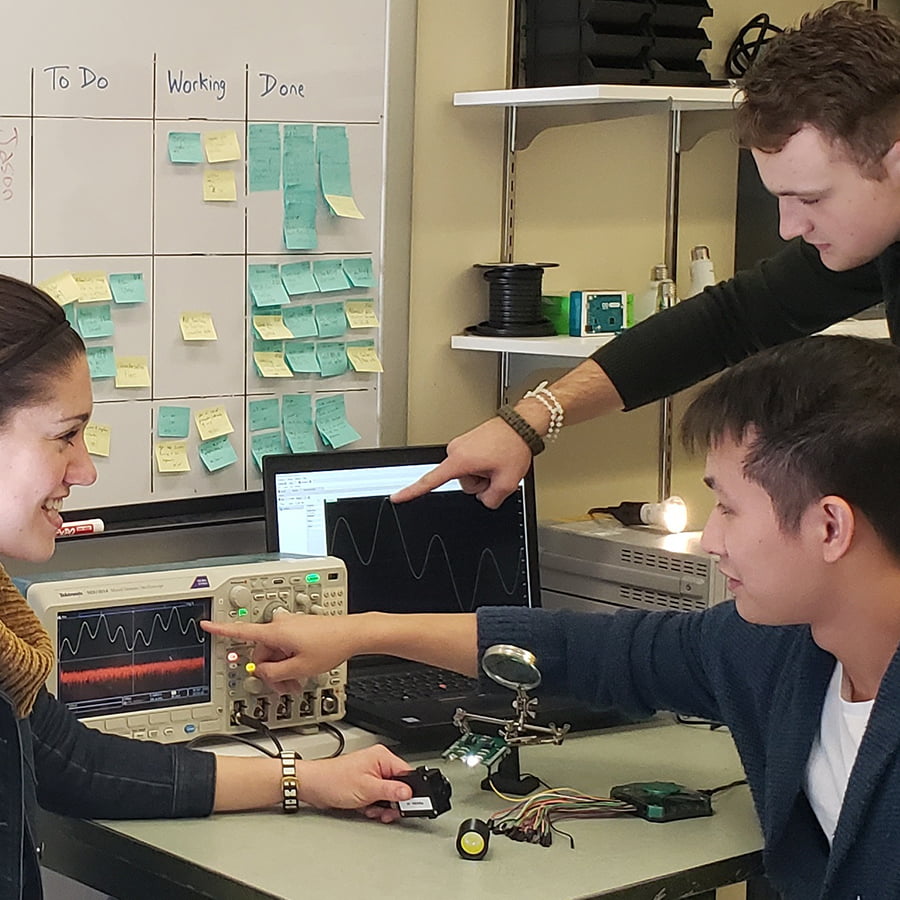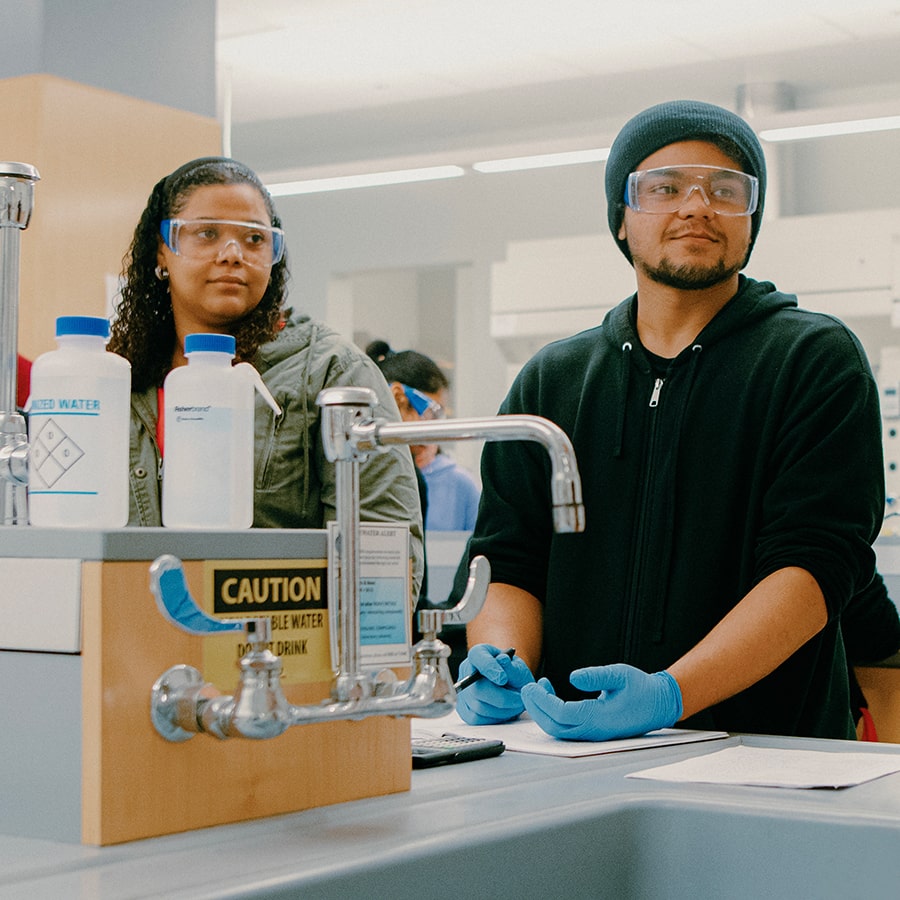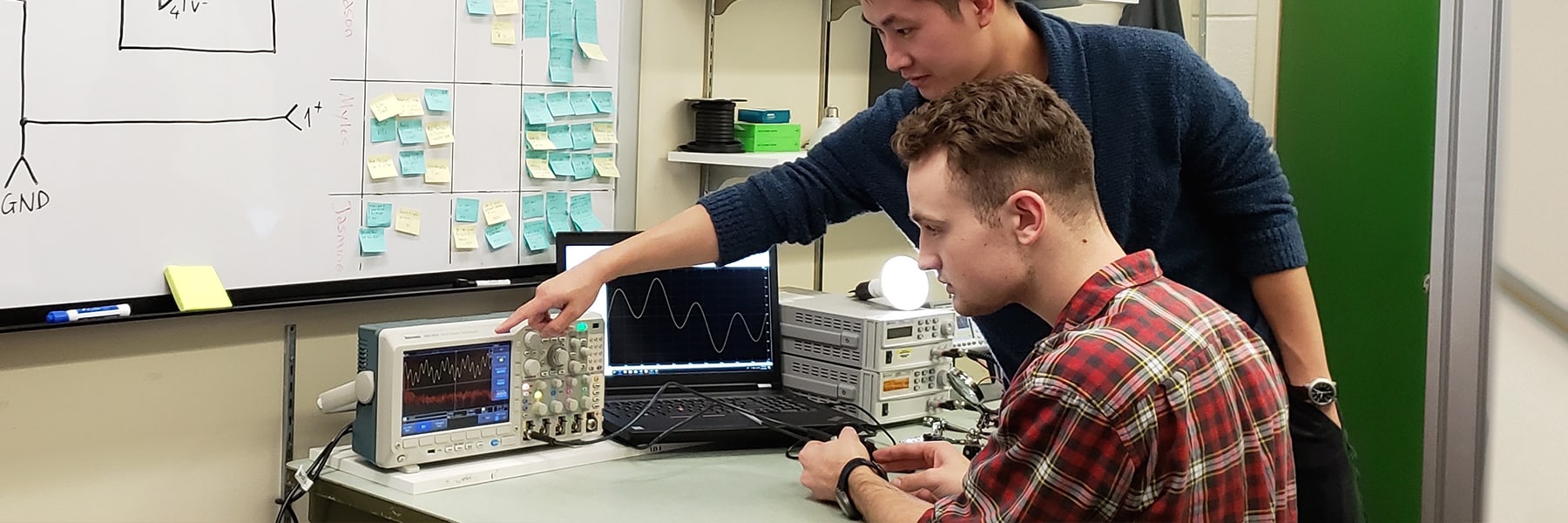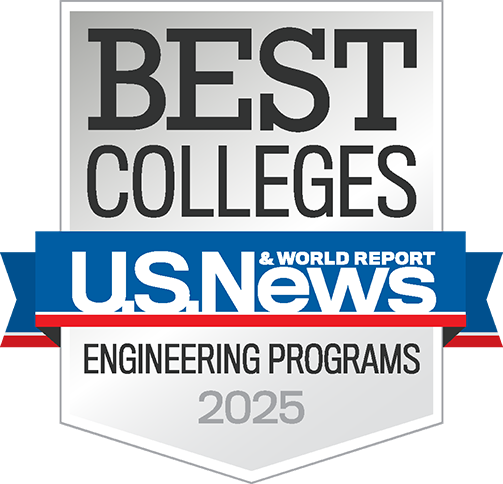Plan Your Education
How to Apply
Apply for Admission
Please review the first-year and transfer apply pages for important information about application requirements, deadlines, and application status check.
Financing Your Education
Become a Beacon and pursue your passion in UMass Boston’s diverse, supportive environment. Many students across our 200+ undergraduate and graduate programs receive financial aid—providing access to an education that’s exceptional and affordable. Click below to learn more about financial aid opportunities and deadlines.
Financial Aid Deadlines & Application Process
Scholarships for First-Year & Transfer Students
Deadlines and Cost
Early action deadline: November 1; Regular Decision Deadline: June 15
Financing Your Education
Become a Beacon and pursue your passion in UMass Boston’s diverse, supportive environment. Many students across our 200+ undergraduate and graduate programs receive financial aid—providing access to an education that’s exceptional and affordable. Click below to learn more about financial aid opportunities and deadlines.
Financial Aid Deadlines & Application Process
Scholarships for First-Year & Transfer Students
For additional information regarding tuition and fees, please visit the Bursar’s Office or send an email to Bursar@umb.edu.
Curriculum
Major Requirements
Complete at least 98 credits from a minimum of 32 courses including six mathematics courses, four physics courses, one computer science course, two thematic electives, thirteen electrical engineering courses, four electrical and computer engineering electives, and two additional electives.
GPA: Engineering majors must maintain a minimum GPA of 2.0 in all courses applied toward the major
Pass/fail: No courses taken pass/fail may be applied toward the major except for one course in the thematic electives.
Residency: At least 30 credits of upper-level engineering courses must be completed at UMass Boston.
Minimum grade: No course with a grade below C- may be applied toward the major.
Course Requirements
Mathematics Courses (21 Credits)
- MATH 140 - Calculus I 4 Credit(s)
- MATH 141 - Calculus II 4 Credit(s)
- MATH 242 - Multivariable and Vector Calculus 4 Credit(s)
- MATH 260 - Linear Algebra I 3 Credit(s)
- MATH 270 - Applied Ordinary Differential Equations 3 Credit(s)
- ENGIN 211L - Engineering Mathematics 3 Credit(s)
Physics Courses (12 Credits)
- PHYSIC 113 - Fundamentals of Physics I 4 Credit(s)
- PHYSIC 114 - Fundamentals of Physics II 4 Credit(s)
- PHYSIC 181 - Physics Laboratory I 2 Credit(s)
- PHYSIC 182 - Physics Laboratory II 2 Credit(s)
Computer Science Course (3 to 4 Credits)
- CS 109 - Computer Programming for Engineers 3 Credit(s)
or - CS 110 - Introduction to Computing 4 Credit(s)
Electrical Engineering Courses (38 Credits)
- ENGIN 104 - Introduction to Electrical and Computer Engineering 3 Credit(s)
- ENGIN 231 - Circuit Analysis I 3 Credit(s)
- ENGIN 232 - Circuit Analysis II 3 Credit(s)
- ENGIN 241 - Digital Systems with Lab 4 Credit(s)
- ENGIN 271 - Circuit Lab I 1 Credit(s)
- ENGIN 272 - Circuit Lab II 1 Credit(s)
- ENGIN 321 - Signals and Systems 3 Credit(s)
- ENGIN 322 - Probability and Random Processes 3 Credit(s)
- ENGIN 331 - Fields & Waves 3 Credit(s)
- ENGIN 365 - Electronics I with Lab 4 Credit(s)
- ENGIN 366 - Electronics II with Lab 4 Credit(s)
- ENGIN 491 - Senior Design Project I 3 Credit(s)
- ENGIN 492 - Senior Design Project II 3 Credit(s)
ECE Electives (12 Credits)
Take four electives from the list below.
- ENGIN 304 - Engineering Design 3 Credit(s)
- ENGIN 341 - Advanced Digital Design 3 Credit(s)
- ENGIN 342 - Computer Communications and Security 3 Credit(s)
- ENGIN 346 - Embedded Systems 3 Credit(s)
- ENGIN 351 - Fundamentals of Semiconductor Devices ;3 Credit(s)/li>
- ENGIN 441 - System on Chip (SoC) Design 3 Credit(s)
- ENGIN 442 - Internet of Things 3 Credit(s)
- ENGIN 446 - Computer Architecture Design 3 Credit(s)
- ENGIN 448 - Operating Systems 3 Credit(s)
- ENGIN 451 - Semiconductor Device Design, Simulation and Fabrication 3 Credit(s)
- ENGIN 471 - RF/Microwave Circuits 3 Credit(s)
- ENGIN 478 - Independent Study 1-3 Credit(s)
Thematic Electives (6 to 10 Credits)
Take two electives from the list below. Both electives must be in the same thematic area and only one thematic area may be applied toward the major.
-
Physics Theme
- PHYSIC 211 - Introduction to Contemporary Physics 3 Credit(s)
- PHYSIC 214 - Thermodynamics 3 Credit(s)
- PHYSIC 312 - Mechanics 3 Credit(s)
- PHYSIC 350 - Statistical Physics 3 Credit(s)
- PHYSIC 421 - Atomic Physics and Introduction to Quantum Mechanics 3 Credit(s)
Chemistry Theme
- CHEM 115 - Chemical Principles I Lecture 3 Credit(s)
and - CHEM 117 - Chemical Principles I Laboratory 2 Credit(s)
- CHEM 116 - Chemical Principles II Lecture 3 Credit(s)
and - CHEM 118 - Chemical Principles II Laboratory 2 Credit(s)
- CHEM 251 - Organic Chemistry I Lecture 3 Credit(s)
and - CHEM 255 - Organic Chemistry I Laboratory 2 Credit(s)
- CHEM 252 - Organic Chemistry II Lecture 3 Credit(s)
and - CHEM 256 - Organic Chemistry II Laboratory 2 Credit(s)
- CHEM 311 - Analytical Chemistry 4 Credit(s)
- CHEM 312 - Physical Chemistry 4 Credit(s)
-
* CHEM 115 & 117 must be taken together and are counted as one course. CHEM 116 & 118 must be taken together and are counted as one course. CHEM 251 & 255 must be taken together and are counted as one course. CHEM 252 & 256 must be taken together and are counted as one course.
Biology Theme
- BIOL 111 - General Biology I 4 Credit(s)
- BIOL 112 - General Biology II 4 Credit(s)
- BIOL 210 - Cell Biology4 Credit(s)
or - BIOL 212 - Cell Biology (Lecture)3 Credit(s)
- BIOL 252 - Genetics 4 Credit(s)
or - BIOL 254 - Genetics (Lecture) 3 Credit(s)
- BIOL 290 - Population Biology 3 Credit(s)
- BIOL 316 - Neurobiology 4 Credit(s)
or - BIOL 318 - Neurobiology (Lecture 3 Credit(s)
Environmental Science Theme
- ENVSCI 120 - Introduction to Environmental Science 3 Credit(s)
or - ENVSCI 120 - Introduction to Environmental Science3 Credit(s) and ENVSCI 121 - Introduction to Environmental Science Lab 1 Credit(s)
- ENVSCI 122 - Introduction to Environmental Policy & Management 3 Credit(s)
- ENVSCI 210 - Earth’s Dynamic Systems 4 Credit(s)
- ENVSCI 225 - Weather and Climate 3 Credit(s)
- ENVSCI 226 - Introduction to Oceanography 3 Credit(s)
- ENVSCI 260 - Global Environmental Change 3 Credit(s)
- ENVSCI 281 - Introduction to Geographic Information Systems 4 Credit(s)
- * If ENVSCI 121 is taken, it must be taken with ENVSCI 120 and the pair is counted as one course.
Additional Electives (6 to 8 Credits)
Take two additional electives. Each elective can be an additional thematic elective in the same thematic area as the first two or additional ECE electives.
For more information on curriculum, including course descriptions and degree requirements, visit the Academic Catalog.
Learning Outcomes
The student who completes the Electrical Engineering program shall:
- An ability to identify, formulate, and solve complex engineering problems by applying principles of engineering, science, and mathematics
- An ability to apply engineering design to produce solutions that meet specified needs with consideration of public health, safety, and welfare, as well as global, cultural, social, environmental, and economic factors
- An ability to communicate effectively with a range of audiences
- An ability to recognize ethical and professional responsibilities in engineering situations and make informed judgments, which must consider the impact of engineering solutions in global, economic, environmental, and societal contexts
- An ability to function effectively on a team whose members together provide leadership, create a collaborative and inclusive environment, establish goals, plan tasks, and meet objectives
- An ability to develop and conduct appropriate experimentation, analyze and interpret data, and use engineering judgment to draw conclusions
- An ability to acquire and apply new knowledge as needed, using appropriate learning strategies.
Contact
For questions about specific courses or research projects during this time, please contact the appropriate professor. For general inquiries about the Department, please email engineering@umb.edu.
Engineering Department
McCormack Building
3rd Floor, Room 128
University of Massachusetts Boston
100 Morrissey Blvd.
Boston, MA 02125
Phone: 617.287.6036
Email: Email Engineering Department

Engineering
Learn more about UMass Boston's Engineering department, our research, and our faculty.
Explore the Department of Engineering
College of Science & Mathematics
Learn more about the faculty, research, and programs that make up our College of Science and Mathematics.
Explore Now
